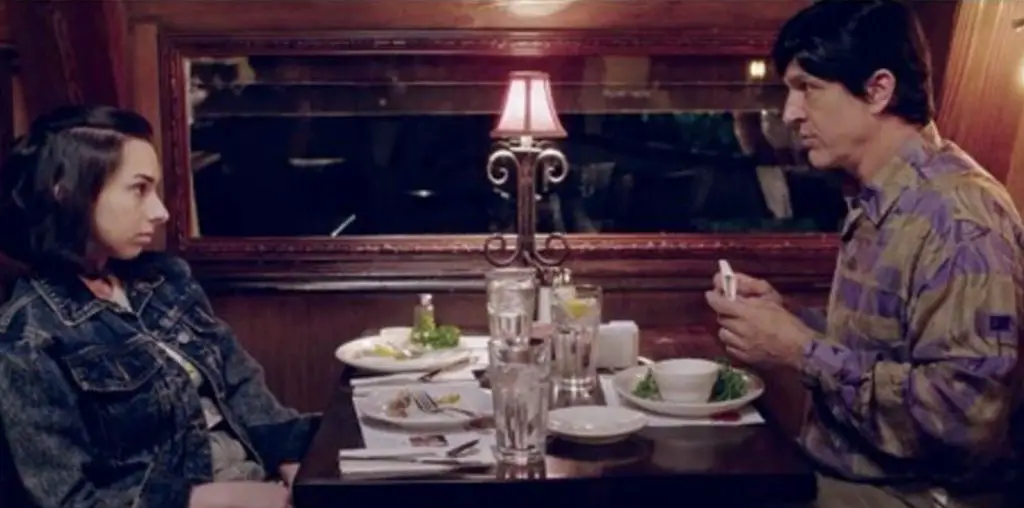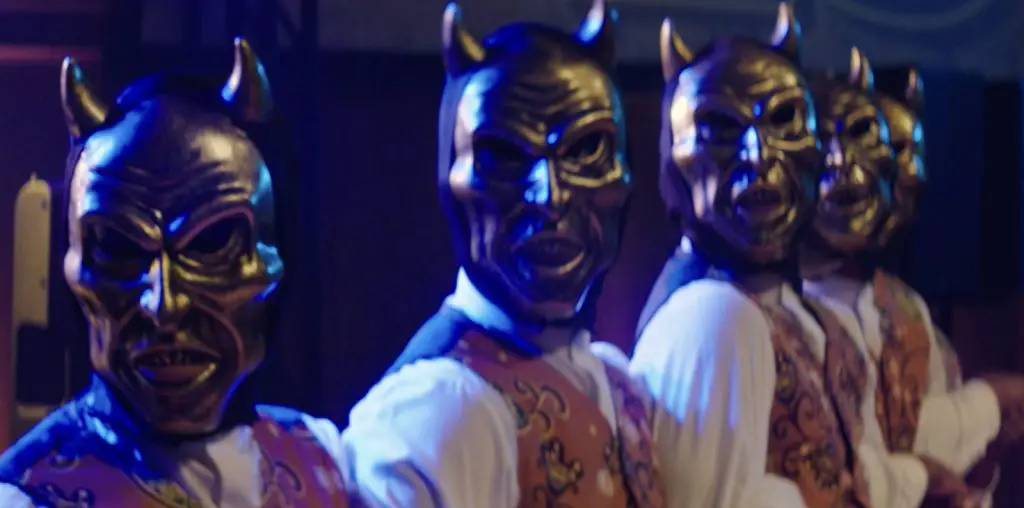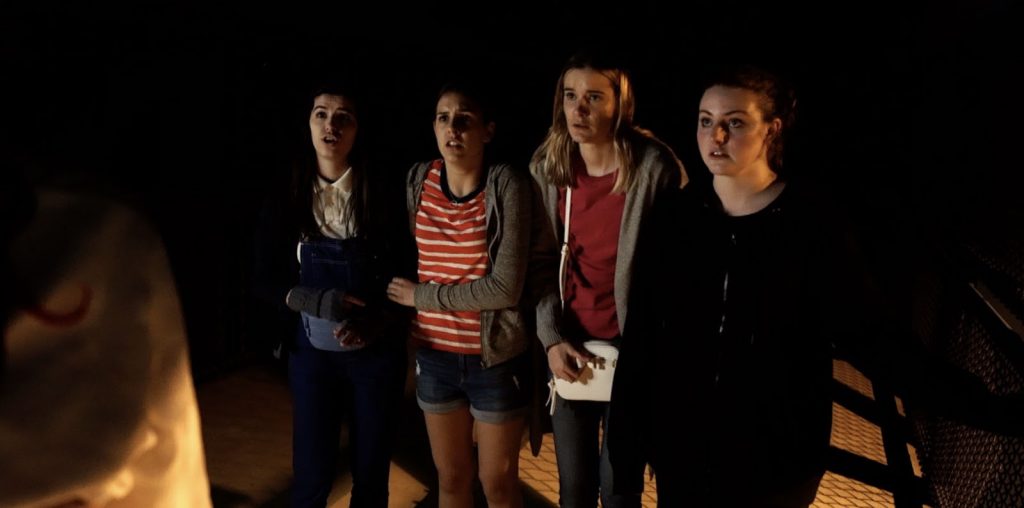
The second feature film by New York-based Filipino filmmaker Maria Diane Ventura, Your Color (Deine Farbe), is an enchanting and unsettling coming-of-age drama that revolves around the friendship of two teenagers. Albert (Nyamandi Adrian) and Karl (Jannik Schümann) are best friends, despite different economic and cultural backgrounds. They dream of making it out of their city, breaking free, and creating art together. Sadly, life gets in their way.
The film is the chronicle of that mythical odyssey towards absolute liberation, reminding us of the clear distinctions between fantasy and reality. When Albert and Karl decide to leave everything behind and move to Barcelona, the audience might start thinking that this is just another of those films that glorify hedonistic recklessness. Instead, we are presented with a cautionary tale about two talented men who find different ways of navigating the labyrinth of independence.
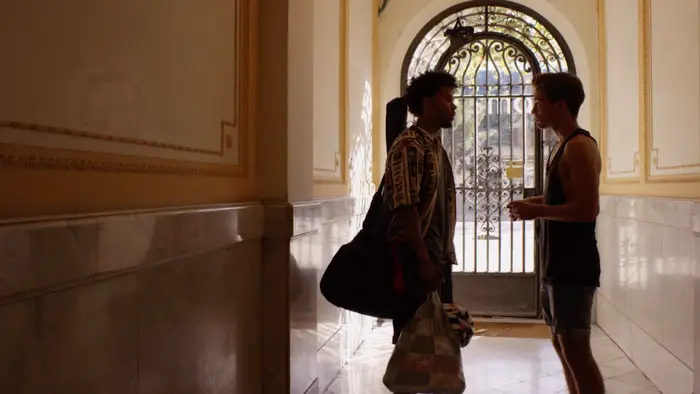
“They dream of making it out of their city, breaking free, and creating art together.”
Writer and director Ventura examines the validity of the teenage dream by comparing the lives of the two friends in Barcelona. Karl works hard to provide financial support, but Albert wastes his life and talents by indulging in drug use and petty crime. We witness his gradual decline as he gravitates towards substance abuse, blinded by the influence of a small-time thug named Julio (Juan Carlos Lo Sasso), who promises him a “good time.”
One of the most interesting elements of Your Color (Deine Farbe) is its highly effective visuals, oscillating from the intimacy of cinéma verité to the lushness of hallucinogenic visions. Cinematographer Hilarion Banks brilliantly complements the emotionally demanding material and mirrors the vulnerability and mental states of the characters in the frame with perfectly orchestrated camera movements.
Your Color (Deine Farbe) traces the tragic fate of young teenagers who are exploited by people with predatory instincts. While commenting on issues of modernity, mental health, personal responsibility, and ambition, Maria Diane Ventura manages to approach universal themes in a way that is not didactic nor heavy-handed. By picking up the fragments of broken dreams and translating them to the cinematic medium, the film metamorphoses into a relevant investigation of the duality of life.
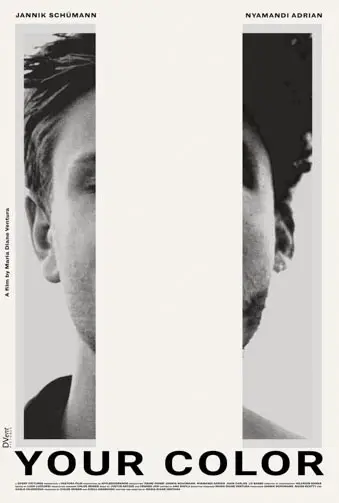
"…highly effective visuals, oscillating from the intimacy of cinéma verité to the lushness of hallucinogenic visions."
